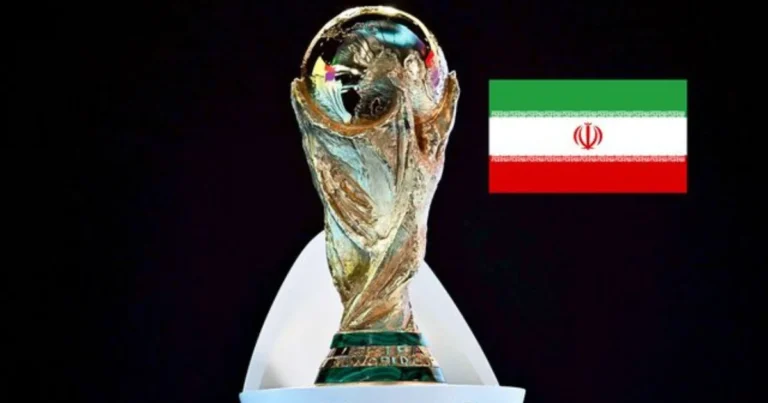
Tourism and Pakistan
by Abdullah Shahid
Over 8 billion people live in the world’s 193 member nations of the United Nations as well as a few independent island entities. Approximately 653 billion dollars are contributed by tourism worldwide. In Pakistan, tourism generates $35.2 million to $1.3 billion in revenue, or 5.9% of the country’s GDP.
Even our neighboring nations, India, Nepal, Sri Lanka, and Iran, earn 100 times as much money as Pakistan does. It’s not that we can’t make money from tourism; rather, the issue stems from poor management from the beginning. Under Imran Khan’s leadership, Pakistan changed its visa laws in 2019 for the first time, enabling citizens of numerous nations to apply for free online, on-arrival, and free Pakistani visas.
We observe a 5.9% growth in tourism in Pakistan. The visa policy has not been formed or changed in many years, and no government has even made an effort to boost tourism to Pakistan. Online and on-arrival visas have replaced stamp visas in many nations worldwide. By 2026, the European Union plans to launch a fully new Schengen Visa application process that will not only make it simpler for millions of travelers to apply, but will also be less costly, take less time, and increase traveler numbers.
Gulf also discovers that one of the main ways to generate income is through tourism. In an effort to draw tourists and grant them access to all six GCC nations, they also introduced Gulf Unified Visas. It is evident that our standing in the world book is poor.
Pakistan’s foreign reserves are also diminishing, but the simplest way to address this is to welcome more tourists by not only providing tourist visas but also religious visas for Buddhists and Hindus, which also enable us to produce an abundance of foreign exchange. A number of nations also allow their residents to apply online for free visas to the US, UK, and EU; some even allow holders of Emirati visas. Adopting this kind of system presents Pakistan with a significant opportunity as it not only boosts foreign exchange earnings but also contributes to portraying a positive and authentic image of our country.





